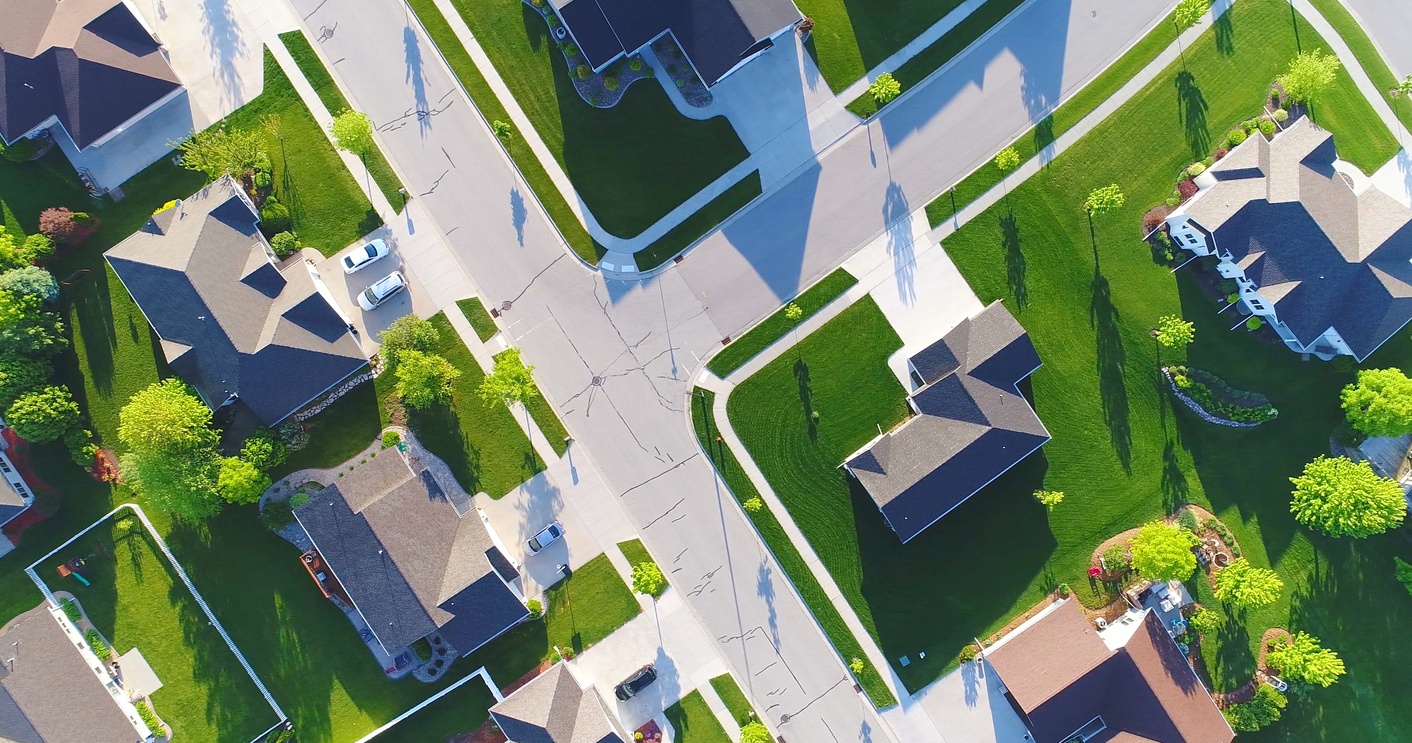1. What are your rates?
We get this question most often, in fact, almost daily. This is not an easy question to answer. The rate for a mortgage can change daily and it depends on an applicant’s credit history and which program is being utilized.
Mortgage rates are based on the Prime Rate which is determined by the Federal Reserve Bank and based on the current economic climate. All types of American lending institutions use the U.S. Prime Rate as an index or foundation rate for pricing various loan products. The Prime Rate is consistent because financial institutions want to offer businesses and consumers loan products that are both profitable and competitive. A consistent U.S. Prime Rate also makes it easier and more efficient for individuals and businesses to compare similar loan products offered by competing financial institutions.
With most institutions using Prime Rate to base their loan rate pricing, their mortgage rates are similar. So, shop the fees from institution to institution. This is where you will see a significant difference.
2. What if I don’t have 20% down?
Gone are the days of the traditional 20% down mortgage. There are so many options available to consumers now. You can have as little as 3.5% down on FHA (Federal Housing Administration) loans, 0% down on RD (Rural Development) loans, or 3% down on conventional loans depending on the loan program you choose for example.
3. Will my private mortgage insurance go away?
This also depends on the loan program you choose. With FHA and RD loans, PMI never goes away. With conventional loans, the PMI can be discontinued after a mortgage drops below 80% of the value of a home. Essentially the same thing as putting 20% down, but over time.
4. What are your fees?
As a not-for-profit, member owned financial institution, RMCU’s fees only cover costs. In most situations, RMCU can beat its competition on the fee side of things because of its credit union structure.
5. What is a Rural Development Loan?
A USDA home loan is a zero-down payment mortgage for eligible rural and suburban homebuyers. USDA loans are issued through the USDA loan program, also known as the USDA Rural Development Guaranteed Housing Loan Program, by the United States Department of Agriculture.
6 . What is an FHA Loan?
A FHA loan is a type of government-backed mortgage insured by the Federal Housing Administration, an agency of the U.S. Department of Housing and Urban Development. Borrowers pay for mortgage insurance, which protects the lender from a loss if the borrower defaults on the loan. Minimum credit scores for FHA loans depend on the type of loan. To qualify for an FHA loan with a down payment as low as 3.5 percent, the borrower needs a credit score of 620 or higher.
7. What is a Conventional Loan?
What does that mean? A conventional loan is a mortgage that is not guaranteed or insured by any government agency. These are the most common type of mortgage loan, usually with a 30-year term and fixed interest rate. Read more about the different programs we offer here.
8 . What is a Jumbo Loan?
A jumbo loan, also known as a jumbo mortgage, is a form of financing for homes with values exceeding conforming loan limits set by the Federal Housing Finance Agency (FHFA). As a result, unlike conventional mortgages, these loans are not eligible to be purchased, guaranteed or securitized by Fannie Mae or Freddie Mac. Designed to finance luxury properties and homes in highly competitive local real estate markets, jumbo mortgages come with unique underwriting requirements and tax implications. Yes, RMCU can process Jumbo Loans. We see these most often in the Big Sky area.
9. What is the difference between refinancing and a home equity loan?
The primary difference between refinance and home equity loan options is that a refinance loan converts one mortgage into a separate larger one. Every other home equity loan option creates a second mortgage on your home. With a traditional home equity loan, you take on a second mortgage at a fixed rate with up to 15 years for repayment. One thing to consider is the fees associated with each loan. Refinancing may have fees and closing costs since you are changing your loan.
10. Do I have to have stellar credit to get a mortgage loan?
Not necessarily, but it will certainly help. It is possible to get a conventional mortgage with a FICO credit score as low as 620, and you can obtain a higher-cost FHA mortgage with a score in the 500s. However, be aware that the lower your score, the higher your interest rate will be. On a $250,000 mortgage, the difference between a credit score of 620 and an "excellent" score of 760 adds up to more than $86,000 in interest savings over the life of a 30-year loan.
Thinking about applying for a mortgage? Head over to our page that tells you Everything You Need to Know About the Mortgage Process. Have some questions we didn't answer? Send us your questions here!

